Ask Anna: Wearing Makeup
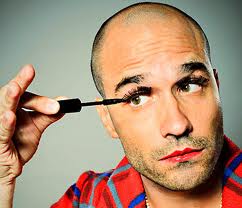
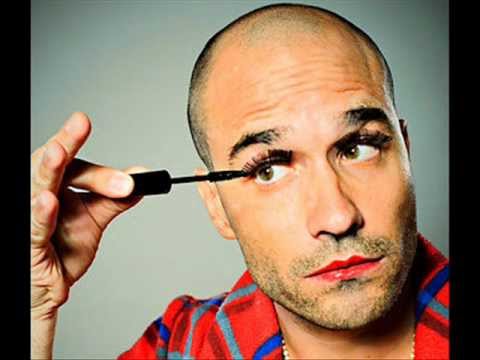
From the “natural look” to the “statement eye,” makeup is as trend-driven as fashion. And while we tend to think of makeup as the domain of women, that has not always been the case – and that status is changing.
The first use of cosmetics was probably in ancient Egypt, and the emphasis was on the eyes: both women and men used kohl, a mixture of metal, lead, copper, ash and burnt almonds, all around their eyes. Cleopatra also used carmine beetles to stain her lips, while other women would use clay mixed with water.

Royalty and religious values played a large role in the temporary, diminishing popularity of makeup. Queen Victoria I was not a fan, viewing makeup as “vulgar and impolite,” and relegated cosmetics to prostitutes and male drag actors (the female stage star was yet to be born).


In the early 20th century, Elizabeth Arden and Helena Rubenstein changed everything – they were trailblazing female entrepreneurs and the pioneers of the $150 billion beauty industry, transforming makeup from the realm of whores into something glamorous, respectable, and desirable. (Unfortunately, they were also bitter rivals who allegedly never spoke to one another. Rubenstein did, however, acknowledge their mutual greatness: “With her packaging and my product, we could have ruled the world.”)
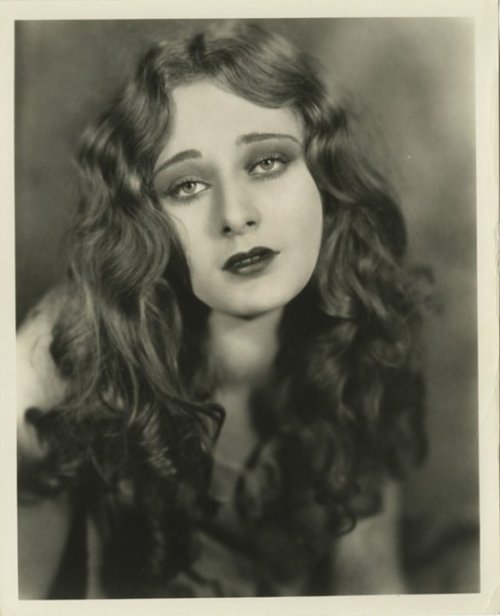
Hollywood also played a part in this cultural transformation, as makeup enhanced the facial features of silent screen stars like Dolores Costello (whose delicate skin reacted so severely to the harsh cosmetic formulas of early 20th century makeup that her skin literally started to deteriorate – and with it her career).
Not everyone embraces makeup, however. One woman lived a year without makeup and has no plans to return to her old beauty routines. For her, makeup was about concealing, whereas for others, it’s about enhancing. That perspective is very personal and internal, but what is the sociological significance of makeup?
Makeup is much more than mere vanity. It also has psychological and physiological effects on both the wearer and the viewer: one study indicated that women who wear makeup appear younger due to an increased contrast between facial features and tone. Another study revealed that women who wear makeup are perceived as more competent than their bare-faced counterparts (based on appearance alone, not performance). They’re also perceived as more “socially cooperative,” because self-care is equated with the care of others. And it’s not just about public perception: Even just imagining yourself in makeup can make you act and feel more confident.
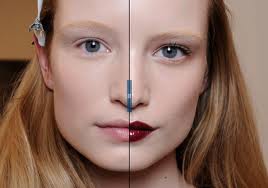
And, of course, much of what we do with makeup links back to sex: A BBC video argues that we often create “bedroom eyes” (by darkening the upper lid”) because it mimics the way we look just before the point of orgasm, and we wear lipstick in an attempt to replicate the fuller, redder look of aroused lips.
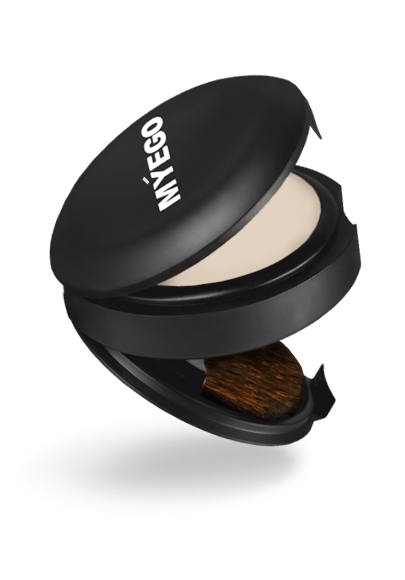
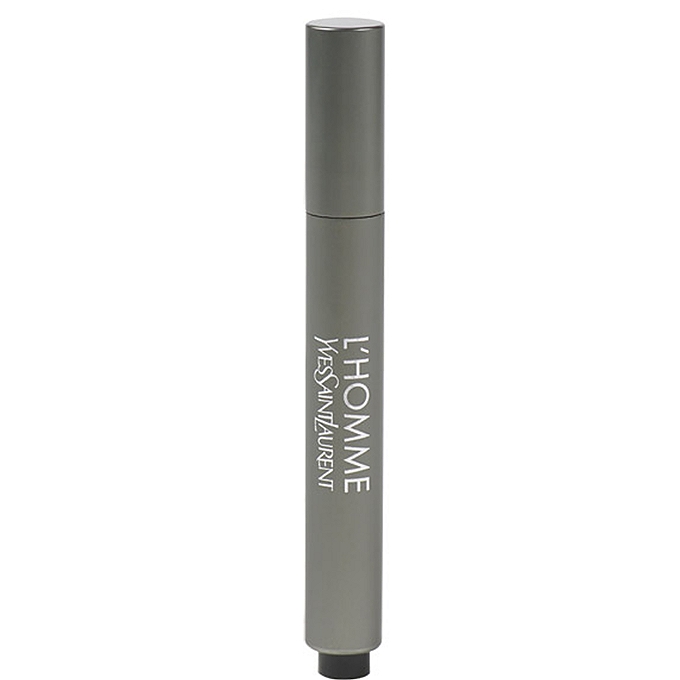
Men, once equal practitioners of cosmetic adornment, are once again putting on their faces. A U.K survey found that 1 in 10 British men secretly wear makeup (keyword being “secret,” as such practices are not yet socially acceptable by the mainstream masses). Nickel Spa, a spa geared toward men, offers products like male self-tanners, Yves Saint Laurent markets its Touche Eclat highlighting concealer to men, and companies like Myego is entirely dedicated to makeup and beauty products made and packaged especially for men. Next up: A Tom Ford line of men’s cosmetics. (Note: never underestimate the power of packaging in changing the gendered perception of a product, regardless of the formula). So what does the rise in makeup on men and beauty products marketed to men say about our current cultural zeitgeist? We may argue its connection to the rise of gender equality (though most Western men are still only flirting with the idea of wearing skirts).
How do you feel with or without makeup? What products can’t you live without and why? And what are your thoughts on men in makeup? Tell us in the comments below. We want to know!